Mammon is the Demon of Greed and one of the Seven Princes of Hell. In medieval times, Mammon was commonly understood to be a malevolent demon or a pagan god of antiquity. But in a lot of ways, Mammon is symbolic of materialism.
The scriptures don’t even capitalize the M in Mammon’s name many times in the scriptures, instead using it as a loose term and not a singular entity. This is because to the ancient Hebrews; Mammon represented greed or the pursuit of personal gain, and not a demon whispering into the ears of humanity. But I don’t want to get too into talking about literal mentions of Mammon from the scripture, moreso just the demonic lore.
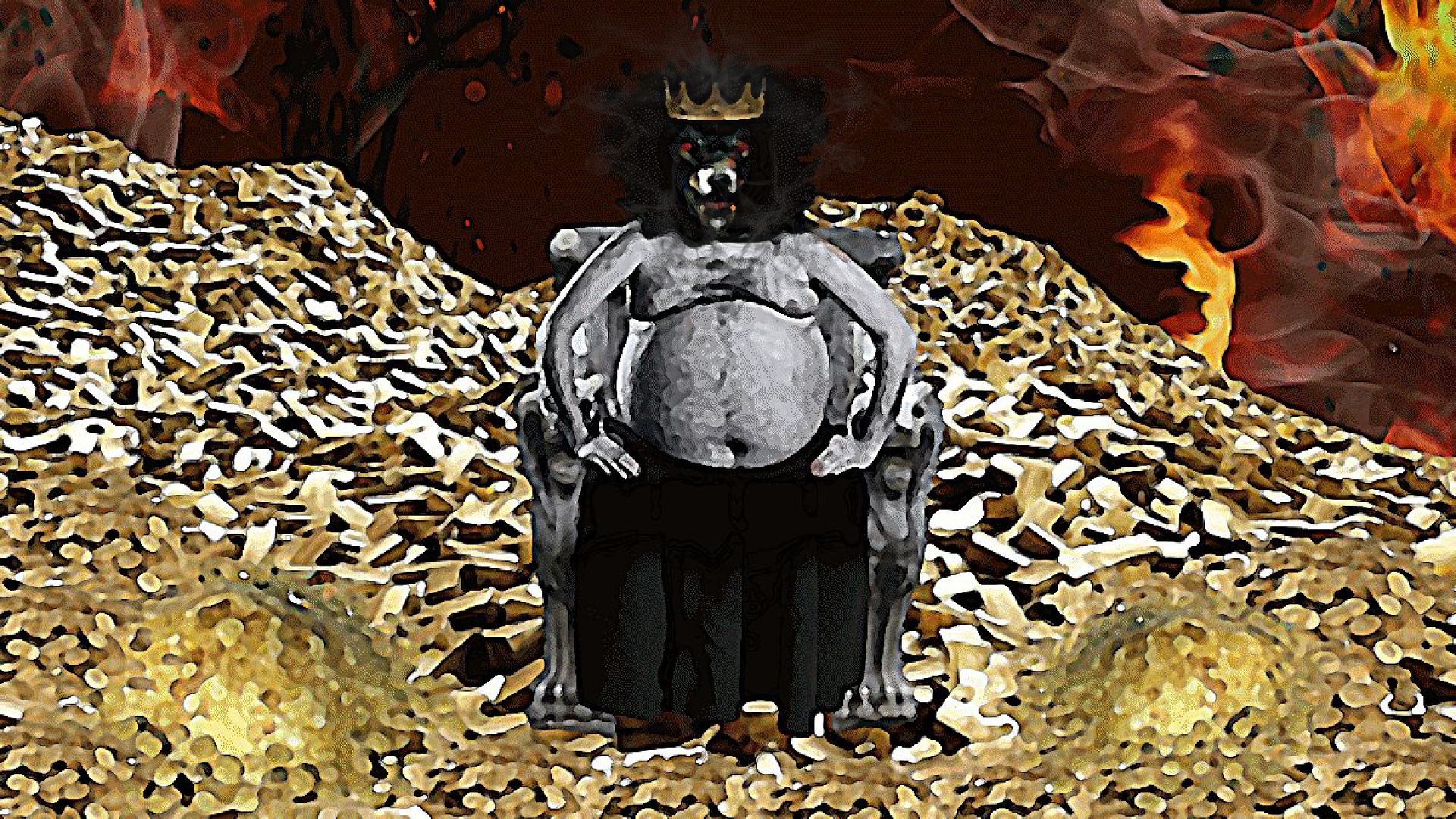
However, similar terms even existed in Hellenistic Greece and in many other classical nations, with the more ancient name for the Prince of Hell being Mammona. And this offshoot name for the embodiment of greed and gluttony is found in a bizarre amount of cultures that have had little to no contact with one another.
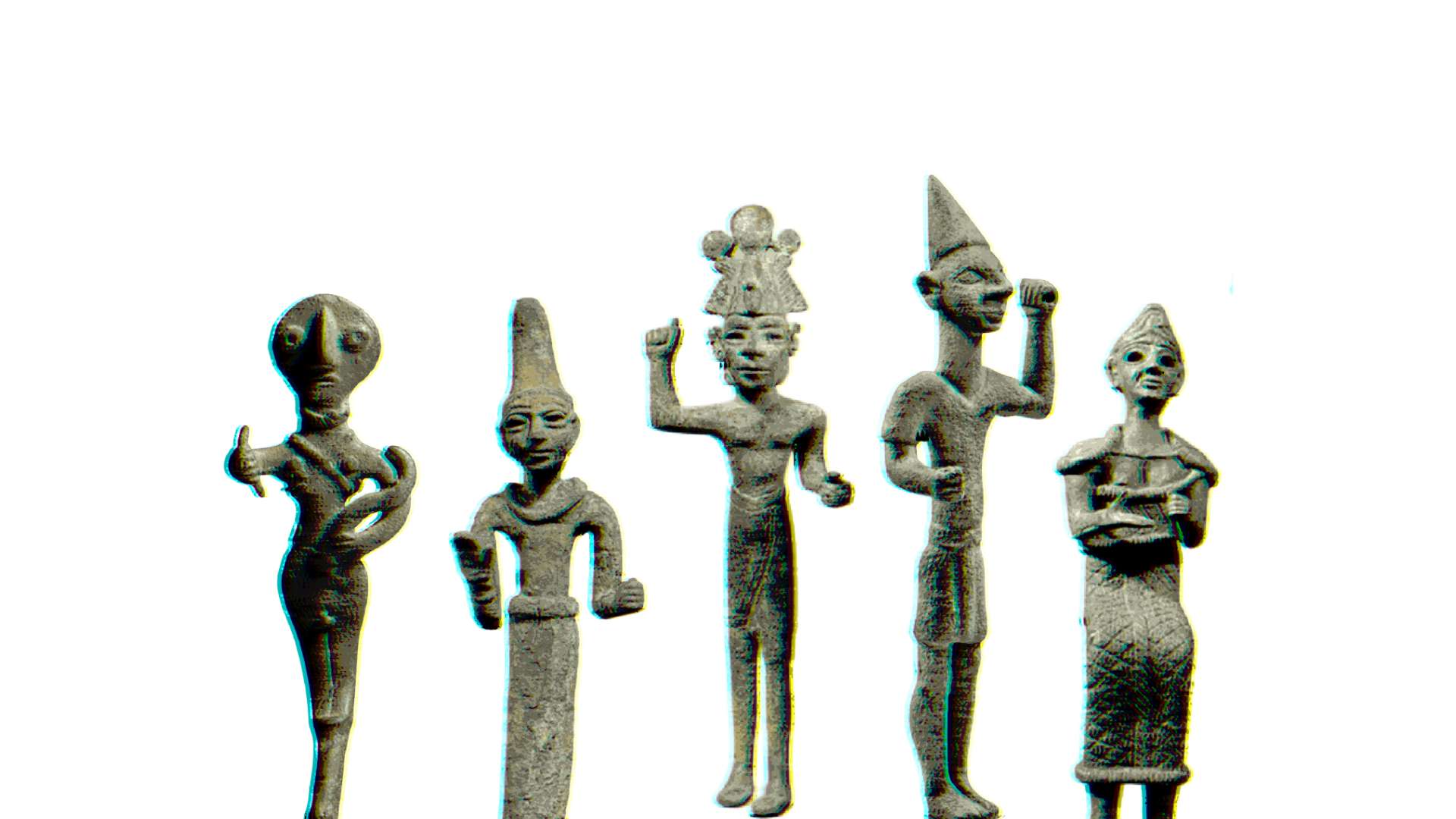
There are many beyond ancient entities that could have inspired Mammon
Mammon the demon is thought to initially be a Syrian deity that was personified into western culture during the middle ages. But looking further into just who this ancient Syrian god was is not an easy task, with the majority of scrolls and stories being harshly repressed by later religions. The written stories were outright destroyed, and the oral traditions, too, were crushed to the point it was dangerous even to mention them.
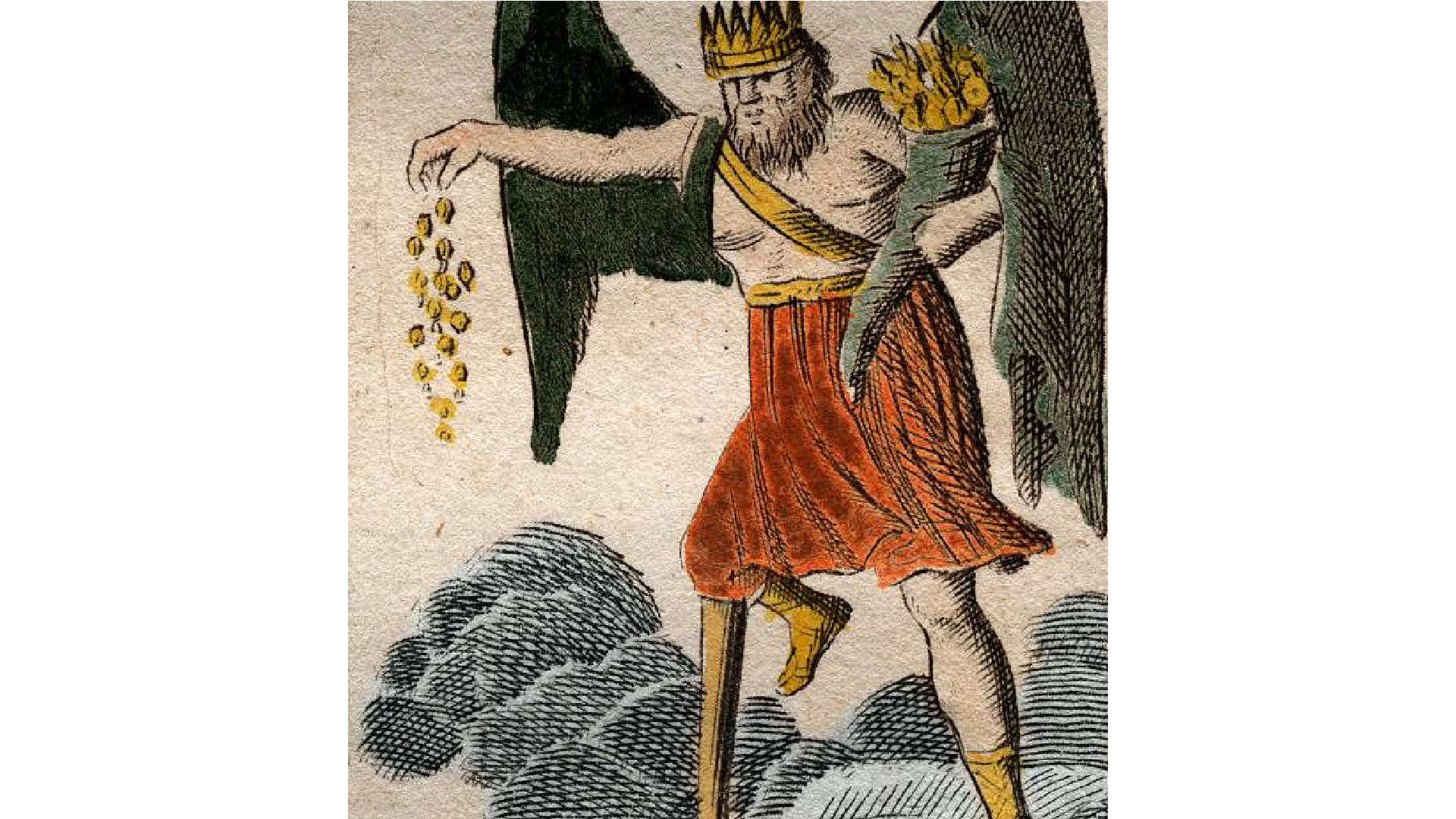
Plutus
Still, some say it’s possible that Mammon was inspired by the Greek god of wealth, Plutus. In Dante’s Inferno Plutus is a powerful demon that guards the fourth circle of hell, which is the circle of greed. So there are many possibilities of what deity Mammon was originally called in the ancient world, but a part of me really wants to say it originated from Sumeria, but I can’t back that up with any evidence.
However, in modern times, Mammon is widely known as the demon of greed and the love of money. Money in and of itself is not bad or good, which is a common misunderstanding. In the scriptures, it is the LOVE of money that is the root of all evil and not money itself. And the demon of greed is well known in a variety of demonologies. Hence, he is the demon of one of the seven deadly sins: avarice.
In the famous “Paradise Lost,” Mammon is one of the fallen angels that rebelled against God and has an obsession with human riches. Mammon fell from grace after Lucifer was cast out of Heaven, or if you follow the apocryphal texts, the leader of the Watchers Samyaza, the angel that was responsible for leading the Ben Elohim to create the Nephilim by sleeping with human women. However, even before being cast out of Heaven, Mammon cared more about the golden roads and other such splendor in paradise than both God or even Lucifer’s cause. So, it actually might not have been so bad for Mammon because he had even better access to his greatest obsession.
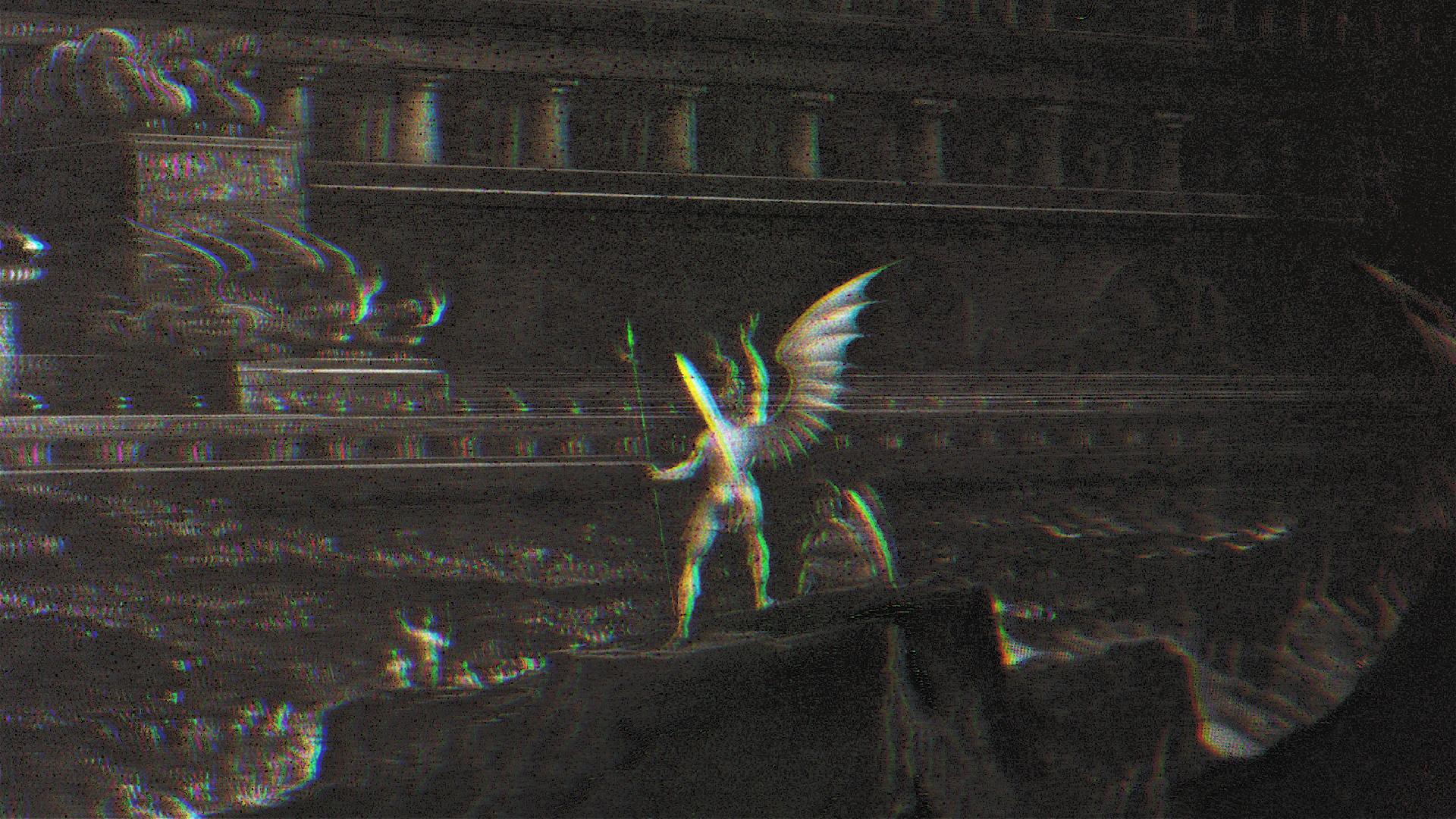
Paradise Lost
‘Mammon led them on—
Mammon, the least erected Spirit that fell
From Heaven; for even in Heaven his looks and thoughts
Were always downward bent, admiring more
The riches of Heaven’s pavement, trodden gold,
Than aught divine or holy else enjoyed
In vision beatific. By him first
Men also, and by his suggestion taught,
Ransacked the centre, and with impious hands
Rifled the bowels of their mother Earth
For treasures better hid. Soon had his crew
Opened into the hill a spacious wound,
And digged out ribs of gold…’
-Paradise Lost
All the Princes of Hell are the highest-ranking entities of the infernal plane, with Leviathon being the only one that was not originally a mighty angel in Heaven. The first three to awaken after being cast into the abyss were Lucifer, Beelzebub, and Sathanas, the three top rulers of hell. Sathanas may raise an eyebrow, but you might know him by his two other names in this narrative, Samael or Satan. However, this in no way diminishes the power of the other Princes, and Mamon has legions upon legions at his command.
Demonologists have classified a cascading litany of demonic entities that have both complimented one another as much as they contradict each other. In these hierarchies, there are many Kings of Hell, Dukes of Hell, and many more titles that come with legions of spirits at their command and whatnot. But even the Demon Kings of the Goetia and all other demonic powers are subjects to the Seven Princes of Hell. They are on a whole different level and once among the ranks of the most powerful angels in Heaven (other than Leviathon).
Demonology has many famous texts, and it’s in the Dictionnaire Infernal written in the 1800s that Mammon is described to instill the desire within humans to bleed the Earth dry for all its treasures. So, just like in Paradise Lost, in this view, Mammon is the demon who taught humanity to want more and more wealth and do anything to get it, no matter how it may harm others or nature.
In the famous book on demonology, Classification of Demons by Peter Binsfeld, Mammon is one of the Seven Princes of Hell and the personification of greed. And this is one of the most dangerous demons because people worship Mammon without even realizing they are worshipping Mammon, which can lead to one’s soul being damned. Indeed, it is the easiest demon to worship on accident.
Oddly enough, though, Mammon can also be very helpful in gaining material wealth. The demon lord knows all the secrets of prosperity and living a life of pure abundance. For being the demon of greed, Mammon is actually very eager to help out those stuck in poverty or those who seek to attain financial freedom.
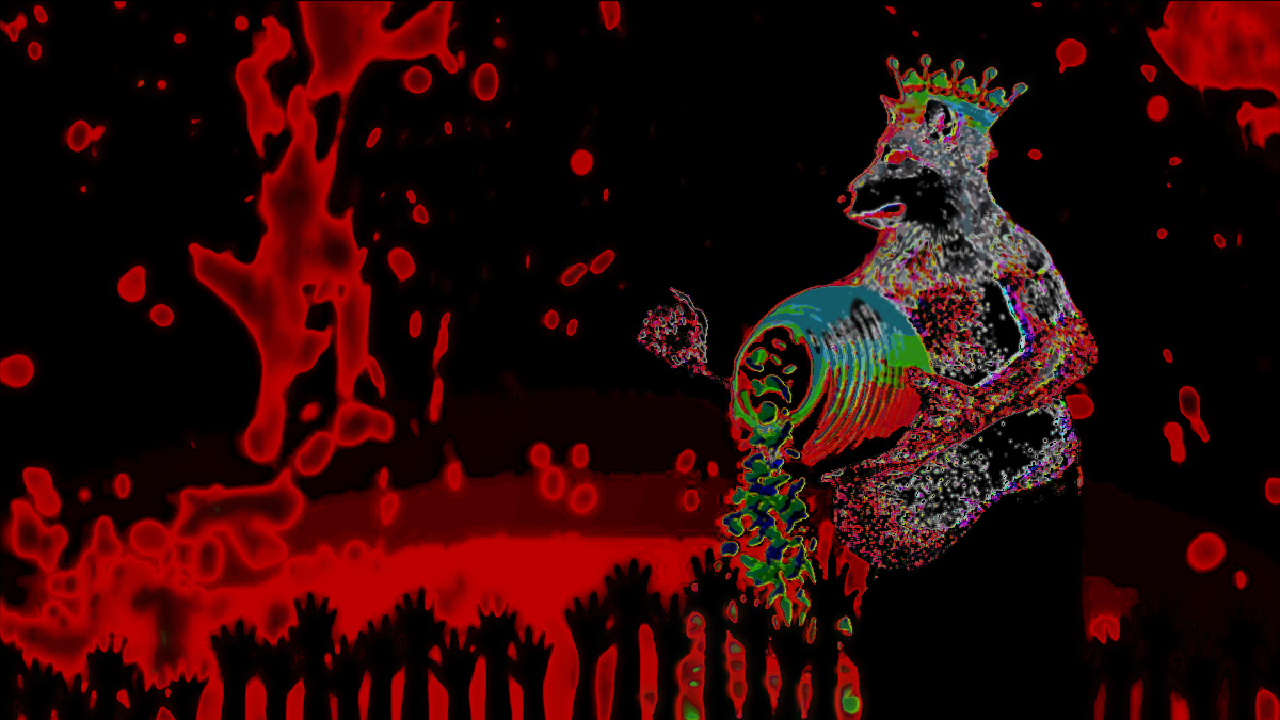
There are always myriad hands of mortals grasping for Mammon’s gifts
Obviously, seeking a demon for assistance is not something most people would ever seek out, but it’s interesting how eager this Prince of Hell is to assist mortals in wealth accumulation. You don’t even gotta sell your soul and whatnot because Mammon is content for payment as little as some incense and lit candles. Mammon won’t want to trick or manipulate humans with manipulative contracts that lead to horrific long-term outcomes but genuinely wants to help out for some reason. It could be possible this is because anyone who becomes obsessed with the love of money will belong to the demon lord anyway, but who knows? But there is no “trick” when making a deal with Mammon which is usually common in making a deal with the devil themes. The Prince of Hell just really wants a human to become greedy because if they become greedy, he wins.
As it is said in the scriptures, you cannot serve both God and Mammon.
“Greed is known by many things. It is also known as avarice, cupidity, or covetousness! It is the inordinate desire to possess wealth, goods, or objects of abstract value with the intention to keep it for one’s self. It is applied to a markedly high desire for and pursuit of wealth, status, and power. And does it harm you? No! It gives you power! It gives you strength! Far beyond that of any mortal could ever hope to comprehend! With power you are untouchable.”
-Mammon
Most depictions of Mammon are wolf-like in nature, probably because during the middle ages, wolves were associated with greed and wealth hoarding. But there are many other depictions of the demon lord as well. Mammon can appear as an obese man covered in shining jewelry just as often as his demonic humanoid wolf form, but he can also look like stereotypical demonic depictions throughout the ages. In the Demonological text Dictionnaire Infernal, Mammon’s depiction is just a bony older man who could easily blend in with society.
The Princes of Hell all have their own punishments they face for eternity in the abyss, with any incarnation they take outside of hell merely an avatar. Mammon’s eternal punishment is being chained to a rock and ripped apart by beasts over and over, healing only to be shredded up again and again. This punishment is similar to the punishment Zeus gave Prometheus for giving humanity fire which I find kind of interesting.
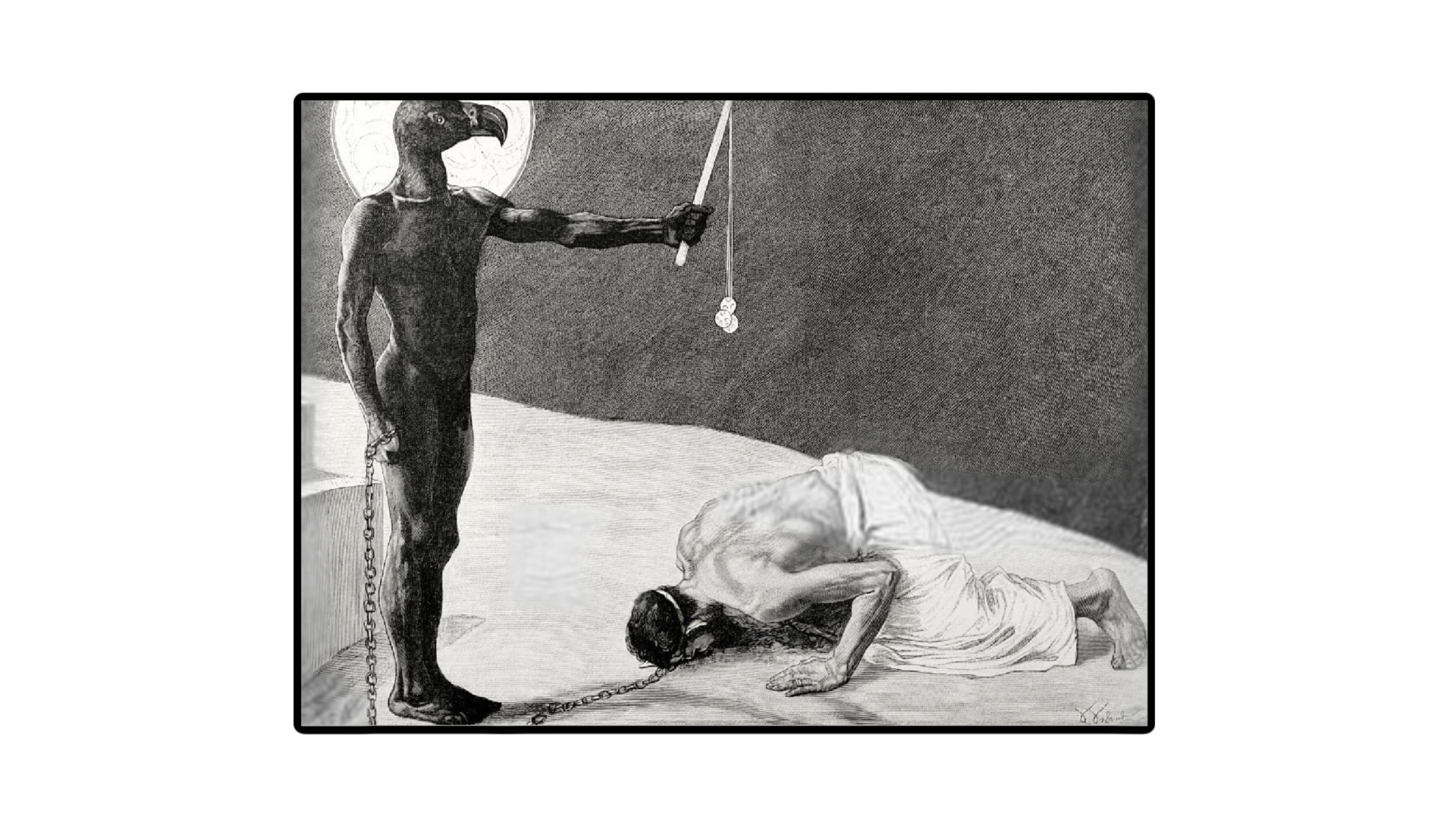
Do you “LOVE” money?
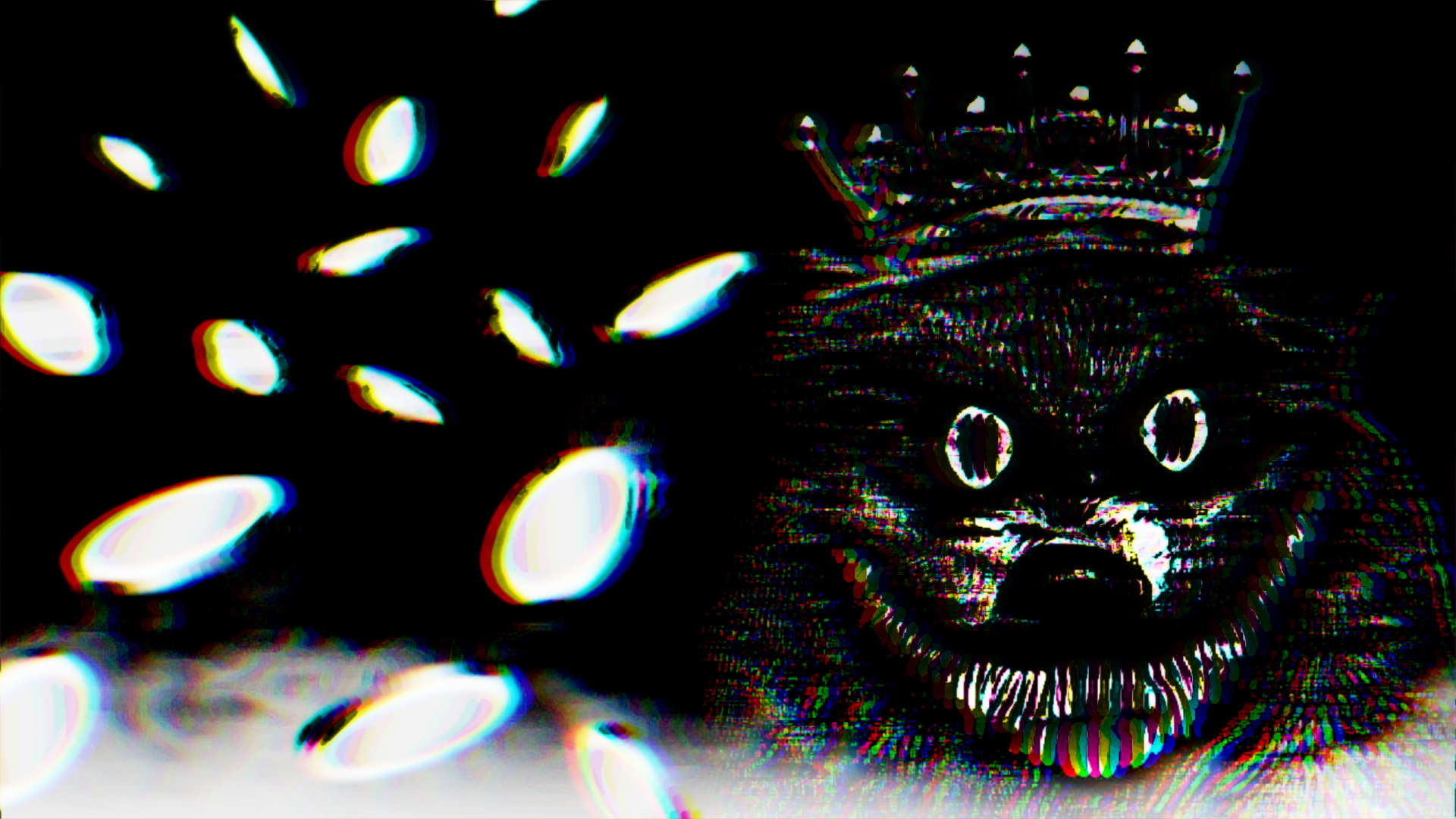
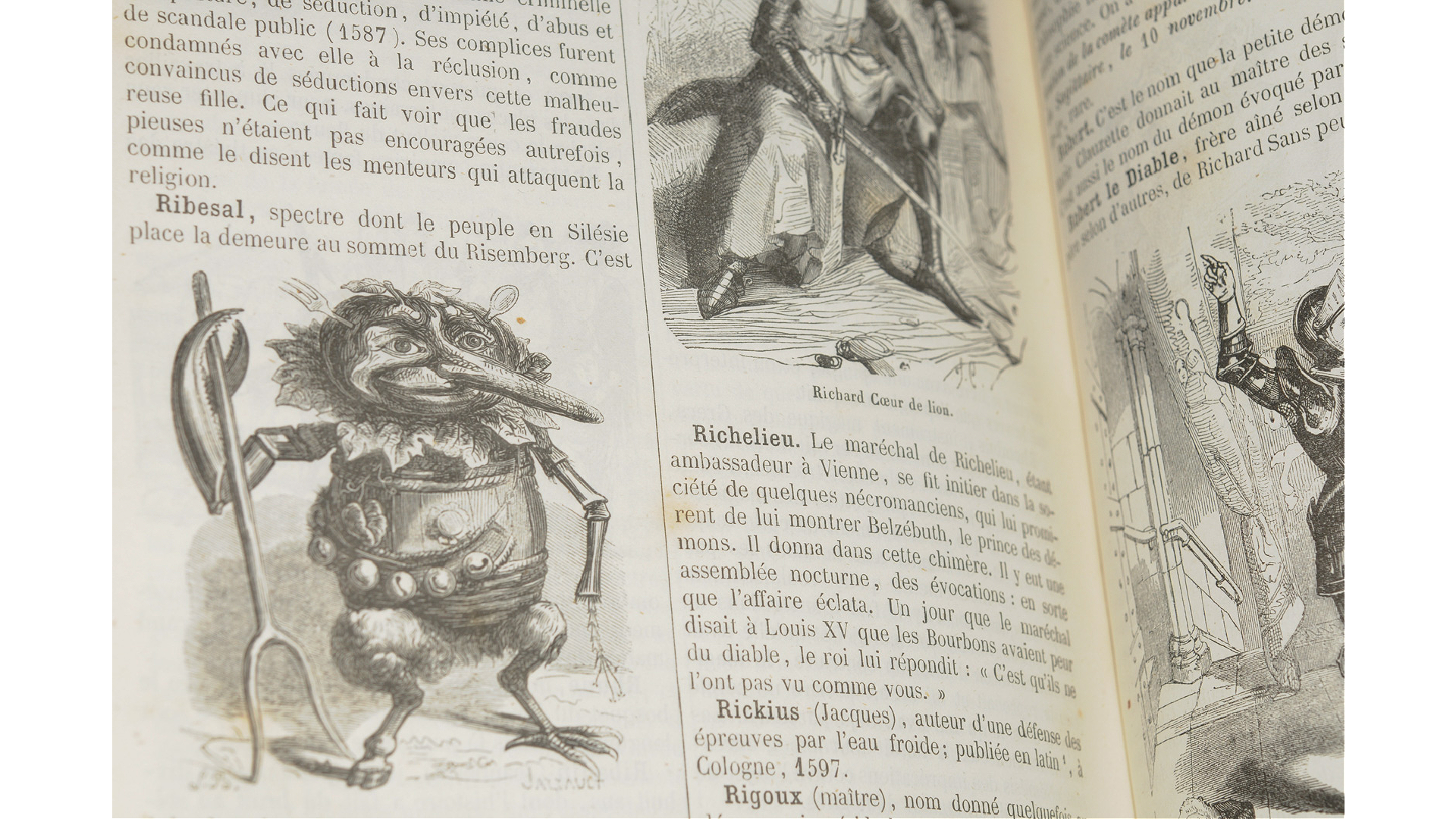
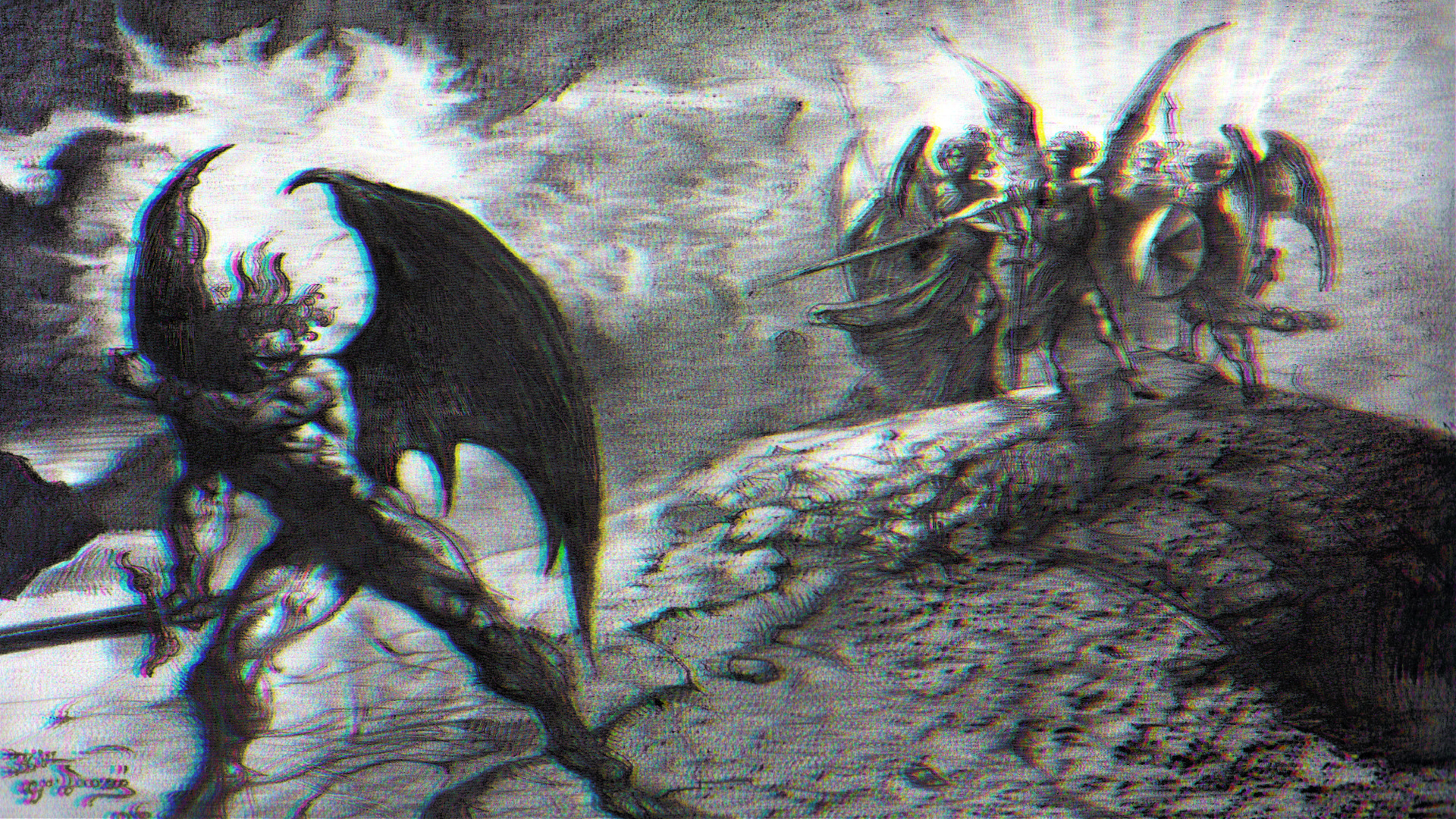
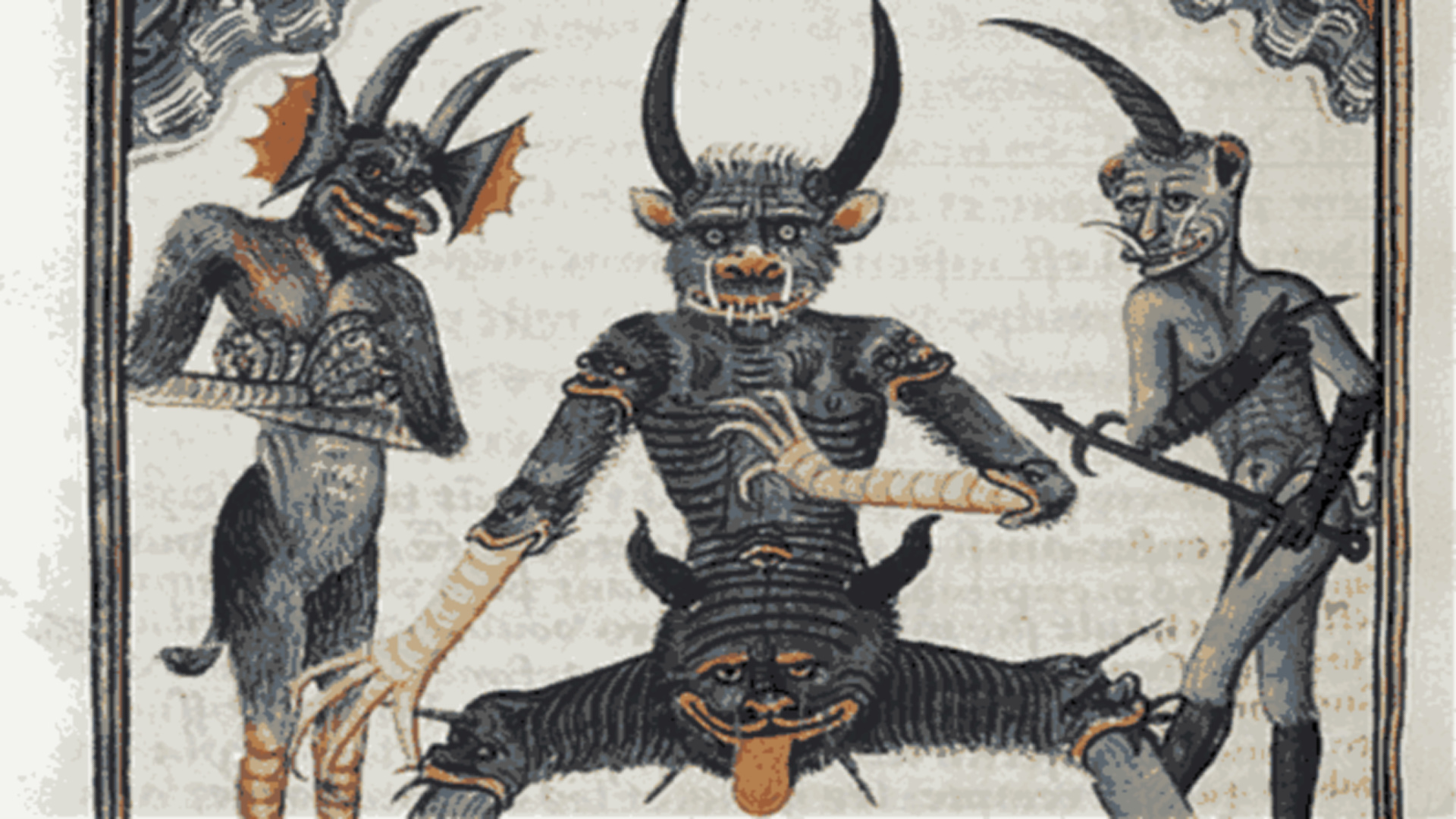


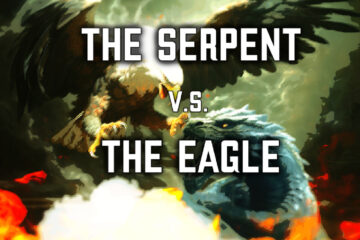


1 Comment
Destiny · October 16, 2022 at 6:05 pm
Very interesting